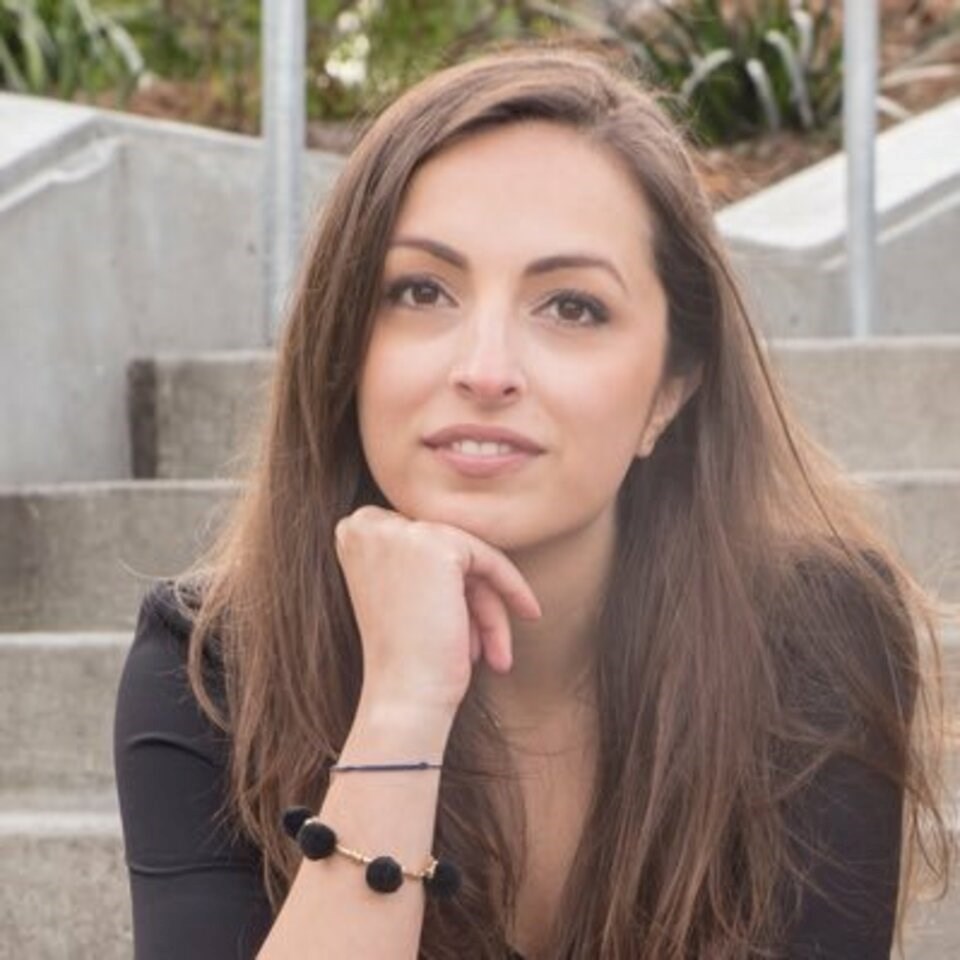A University of Waterloo alumna with a Cambridge connection has made Time Magazine’s 2022 100 Most Influential Companies list, bumping shoulders with the likes of Microsoft, Apple, Meta and Netflix.
“It's super humbling, rewarding and exciting. The best part for me is to see the team proud to be part of this company that you sort of created from nothing,” said Newsha Ghaeli, co-founder of Biobot Analytics.
Ghaeli has an Honours Bachelor of Architectural Studies, with distinction from the University of Waterloo, Galt campus.
She co-founded Biobot, a company that is a pioneer in wastewater epidemiology.
“We're a wastewater epidemiology company. So what that means is we look at sewage as being a source of health and information on human behavior and human wellness like disease. Anything that you can analyze in urine or stool, we analyze for in sewage,” said Ghaeli.
The company was founded in 2017 when Ghaeli was doing a fellowship at MIT. During her studies, she met her co-founder Mariana Matus.
“I was doing research on the future of our cities and how we can leverage technology to address some of our big fundamental urban challenges. I met my co-founder, who was a PhD student in computational biology with a background in microbiology,” said Ghaeli.
Matus’ lab was looking at the understanding of the human microbiome. She had started applying some of those same methods and strategies to sewage to see if they can analyze the same things that we can in stool.
“We ended up working together to really investigate this question; can we look at our sewer systems as being analogous to the human microbiome and essentially map human health in cities?” said Ghaeli.
The company started as a way to track and analyze human waste for substances of interest such as opioids and other pathogens. This creates an anonymous collection of data that reflects important information about the population it serves.
Three years after its founding, the pandemic hit. They switched their focus from the opioid crisis and started to look for the SARS-CoV-2 virus.
Biobot was the first company to commercially analyze wastewater for traces of the virus. This works as an early warning system for a potential spike in cases and can collect data from non-symptomatic carriers.
“Think sort of like a 23 and me kit, but instead of a saliva sample, it gets a stool sampling of sewage samples. It's like a 23 and me kit, but for cities,” said Ghaeli.
Ghaeli’s company collects data from over 700 sites, representing over 100 million people.
The University of Waterloo also analyzes wastewater for COVID-19 information.
When Biobot published its work and made the information available, UofW adopted some of their early work to track data in Waterloo region.
“I've heard in talking to various folks in the province that they actually adopted our earliest sort of methods that we published," said Ghaeli. "Obviously things have improved and evolved since then, but there is a lot of method sharing, knowledge sharing within the community of wastewater epidemiology,”
The province of Ontario has also announced further interest in keeping these systems in place to help prepare and help identify future outbreaks.
“It's just so incredible to see the government kind of step into this leadership role that, you know, we need this as an early warning system. We need this as sort of like a core pillar of our pandemic preparedness,” Ghaeli stressed.
Looking to the future, Biobot will continue to monitor and address concerns learned through studying wastewater. There are a number of ways to utilize this research and help communities understand its peoples needs and living condition.
“We already look for influenza A and B, we can analyze the consumption of substances. So things like nicotine, cannabis, methamphetamines, fentanyl, heroin, cocaine, etc.. Other infectious diseases like hepatitis and STIs as well,” Ghaeli said.
After spending five years at the UofW's Galt campus, she looks at her time studying in Cambridge as helping her become the researcher and entrepreneur she is today.
“Architectural education is so useful in preparing you to be an entrepreneur or a founder, in that you learn incredible problem solving skills. You're bringing multiple disciplines together to create something from scratch. That's essentially what an architect does, but instead of a building you’re building a business,” she says.
“In particular at Waterloo, it's a very holistic curriculum where you're taught to think critically about our urban environments and the built environment in general. The whole time that I was at Waterloo, I was always drawn to how we can improve the quality of life in our built environments.”
Biobot continues its work in wastewater epidemiology and Ghaeli hopes to help communities all over the world.



